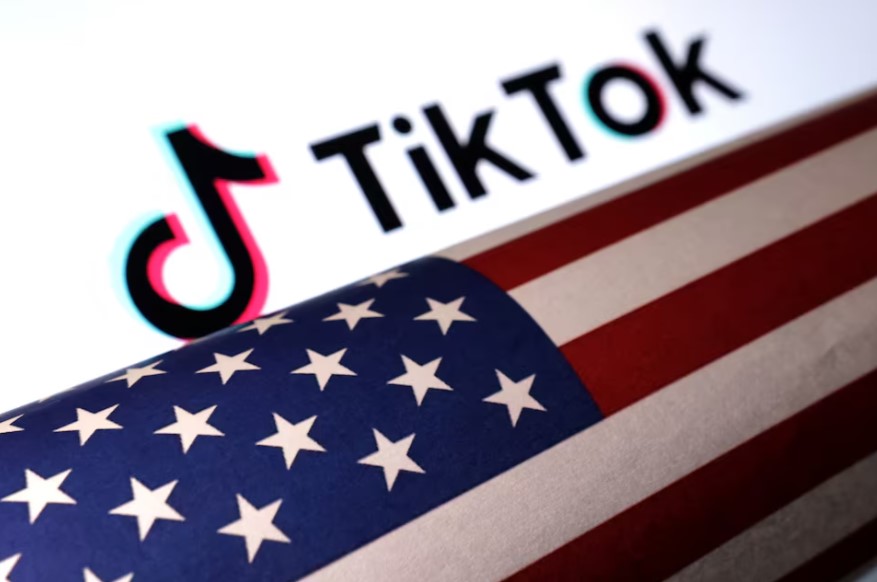
TikTok reiterated its concerns about freedom of speech regarding a bill approved by the House of Representatives on Sunday. The bill proposes banning the popular social media platform in the U.S. unless its Chinese parent company, ByteDance, divests its stake within a year. The House passed the bill on Saturday with a significant majority of 360 to 58. The legislation is now headed to the Senate, where it could be brought to a vote in the near future. President Joe Biden has previously indicated his intention to sign the bill into law.
Numerous U.S. lawmakers from both major political parties, as well as officials from the Biden administration, assert that TikTok presents national security concerns due to the potential for China to compel the sharing of data from its 170 million American users. By incorporating TikTok into a broader foreign aid package, lawmakers aim to expedite the process of potentially banning the app, following the earlier stalling of a separate bill in the Senate.
TikTok expressed disappointment in the House’s decision, criticizing it as an infringement on the free speech rights of millions of Americans. In February, TikTok had opposed the original bill, arguing that it would censor a vast number of users. The American Civil Liberties Union also opposed the House bill on grounds of free speech.
Despite assurances from TikTok that it has never shared U.S. user data and would not do so, Democratic Senator Mark Warner voiced concerns that TikTok could serve as a tool for Chinese propaganda, particularly given its popularity among young people as a source of news.
The Knight First Amendment Institute at Columbia University labeled the latest bill as having “no real pay-off,” arguing that adversaries like China could still acquire Americans’ data through other means and exploit U.S.-based social media platforms for disinformation campaigns. Some Democrats have raised concerns about free speech implications of a ban and instead advocate for stronger data privacy laws.
Democratic Representative Ro Khanna suggested that a TikTok ban might face legal challenges due to protections for free speech in the Constitution. The House initially voted on March 13 to give ByteDance six months to divest TikTok’s U.S. assets or face a ban. The bill passed on Saturday extends the deadline to nine months, with the possibility of a three-month extension if deemed necessary by the president.
Maria Cantwell, chair of the Senate Commerce Committee, voiced support for the latest bill after requesting revisions to the March 13 version. TikTok’s ownership was also discussed during a recent call between President Biden and Chinese President Xi Jinping, during which Biden expressed concerns about the app’s ownership.






